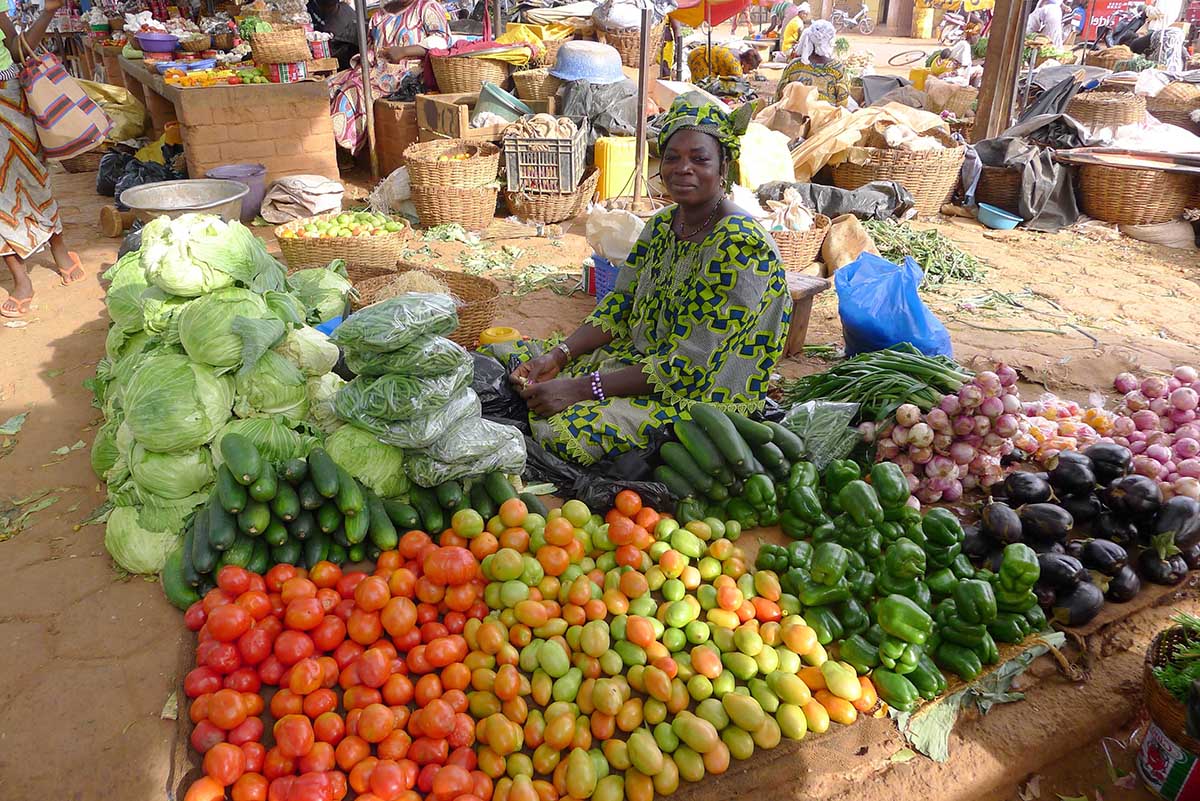By Odunewu Segun
With Christmas just weeks away, mood among Christmas shoppers has reflected wide disenchantment in the country with rising inflation cutting peoples’ spending power.
Many shoppers have continued to express their frustrations over the rising inflation in the country with prices of food and other items skyrocketing as Nigerians approached the final leg of the year.
Some Xmas shoppers who narrated their ordeals to National Daily said they are no longer asking President Buhari to develop Nigeria, but rather, he should return Nigeria to the state it was before he became president.
“I do regret voting for Buhari. We wanted a better economy and things are turning upside down, even worse than the way it was before,” one of the shoppers disclosed.
According to her, she could only afford one piece of clothing to give each of her two children for Christmas as against the four items they got last year.
“Everything has skyrocketed. It’s just too expensive for the masses,” said Victor Adinye, a civil servant at the Lagos market. “This is not the change we bargained for,” he added.
Fellow shopper Ayo Omope, a 27-year-old make-up artist, said she was contemplating joining the thousands of Africans who leave each year to seek a better life in the United States or Europe because “there is no hope any more” in Nigeria.
However, aides to the President blamed Nigeria’s present woes on the past administration, accusing it of failing to set aside money in the years when Nigeria’s crude oil fetched over $100 a barrel before plunging in 2014.
The President is expected to submit a record budget worth 7.2 trillion naira ($23.6 billion) to lawmakers, drawing partly on foreign borrowing to pay for a boost in capital spending. But in a country where the U.N. estimates that 70 percent of the 180 million inhabitants live on a dollar a day, anger at the state of the economy is tangible.
Despite a 40 percent devaluation of the naira currency in June, a shortage of dollars persists, and they fetch a premium of up to 40 percent on the black market. In Nigeria’s import-driven economy, this has pushed up the cost of everything from rice to spare machine parts.
Even the Buhari government’s successes against the Islamist militants of Boko Haram have come at a cost. Its advances have revealed mass hunger in liberated areas, which the U.N. said could see 75,000 children starve to death in the coming months.
And a wave of arrests of former officials, part of a promised anti-corruption drive, has yet to yield any convictions.


 Health & Fitness2 days ago
Health & Fitness2 days ago
 Comments and Issues1 week ago
Comments and Issues1 week ago
 Featured6 days ago
Featured6 days ago
 Education1 week ago
Education1 week ago
 Business1 week ago
Business1 week ago
 Aviation4 days ago
Aviation4 days ago
 Business6 days ago
Business6 days ago
 Crime1 week ago
Crime1 week ago
